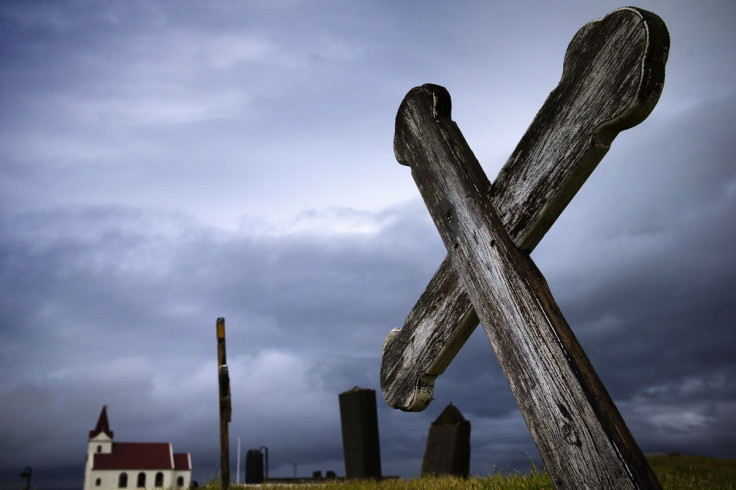Iceland: People embrace Sumerian religion for £40 tax rebate

Unhappy with the idea of state-funded religion and especially disagreeing with a church tax, Icelanders are leaving the Evangelical Lutheran Church of Iceland in search of tax-free alternatives.
Zuism, based on one of the world's oldest religions, has come to the rescue by promising its followers a tax rebate and many disgruntled Icelanders are taking up this offer. Over the past weeks, more than 3,000 people — close to 1% of Iceland's population — have joined the Zuist movement in protest of the church tax.
The church tax is payable by people above the age of 16 and amounts to an average of ISK 7,800 (£40) annually. Ironically, atheists are also expected to pay the church tax. "There is no opt-out. Those who are unaffiliated or belong to unregistered religions effectively just pay higher taxes," said Sveinn Thorhallsson, a Zuist spokesperson.
Zuism is based on the Sumerian religion, one of the world's oldest. In Iceland it involves mainly the reading of Sumerian poems.
The Zuist website states: "The religious organisation of Zuism is a platform for its members to practice a religion of the ancient Sumerian people. Zuists fully support freedom of religion, and from religion, for everyone. The organisation's primary objective is that the government repeal any law that grants religious organisations privilege, financial or otherwise, above other organisations. Furthermore Zuists demand that the government's registry of its citizens' religion will be abolished."
Politicians in support of the Lutheran church have pointed out that people's shift has more to do with saving on tax payments rather than religious beliefs; and that Zuism as a religion should be de-registered. Tax authorities have cautioned that if Zuists refund the parish fees to their members, the payment will be subject to income tax.
The parish or church tax has played a big role in keeping churches alive in the country even though congregations continue to diminish. Over the past few years, the public have protested the compulsory tax and demanded the separation of church and state.
© Copyright IBTimes 2025. All rights reserved.






















